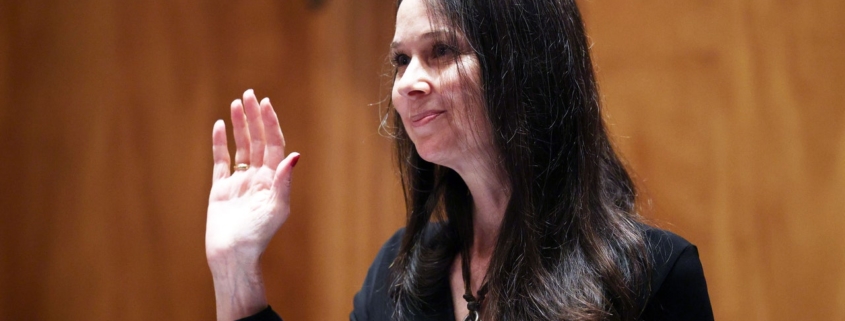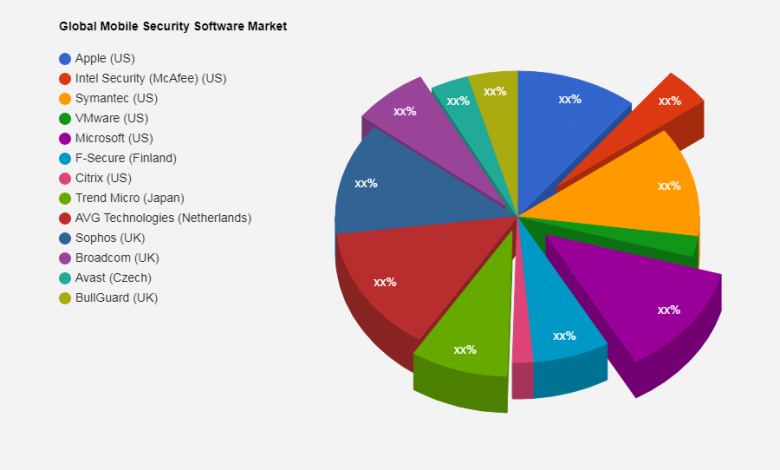Biden’s Cybersecurity Team Gets Crowded at the Top
(Disclosure: I have worked with nearly everyone mentioned in this article at the Aspen Institute, where most were engaged in the public-private Aspen Cybersecurity Group. I also coauthored a 2018 book on the US government’s approach to cybersecurity with John Carlin.)
With the exception of the Justice Department’s team, the key cyber players share a special background as veterans of Fort Meade, the base of the National Security Agency and US Cyber Command. Beyond Nakasone, Inglis spent nearly 30 years with the civilian side of the NSA, rising to be its deputy director. Before her appointment earlier this year, Neuberger founded and led the NSA’s Cybersecurity Directorate and previously served as its chief risk officer, carving out a unique public voice for an agency not normally known for its public engagement. Easterly, who worked in the NSA’s elite hacking team known as the Tailored Access Operations, in 2009 helped design, along with Nakasone and others, what later became US Cyber Command.
That shared NSA DNA is a belated admission, of sorts, of how long cybersecurity took a back seat in the government’s wider bureaucracy. When the Biden administration went looking post-election for senior, respected leaders who had worked and thought about these issues for years, it really only had one talent pool to draw from.
The NSA and Cyber Command, for its part, moved rapidly during the Trump administration to regularize more aggressive offensive cyber operations. Nakasone, as WIRED reported last fall, has carried out more offensive operations online in his nearly three years heading the dual-hat arrangement than the US government had ever done prior to his tenure—combined. In recent months, US Cyber Command has begun to focus its attention not just on nation-state adversaries but also on transnational organized crime, which US officials increasingly point to as having risen to a scale and sophistication that equals the threat from established online adversaries like Iran and China.
The Biden White House, though, is still very much sorting out its own approach to cyber issues, from Chinese tech companies to ransomware. While Inglis, Neuberger, Monaco, Easterly, and Nakasone are…


